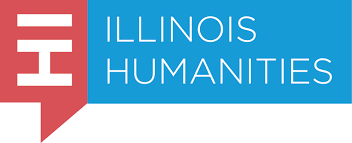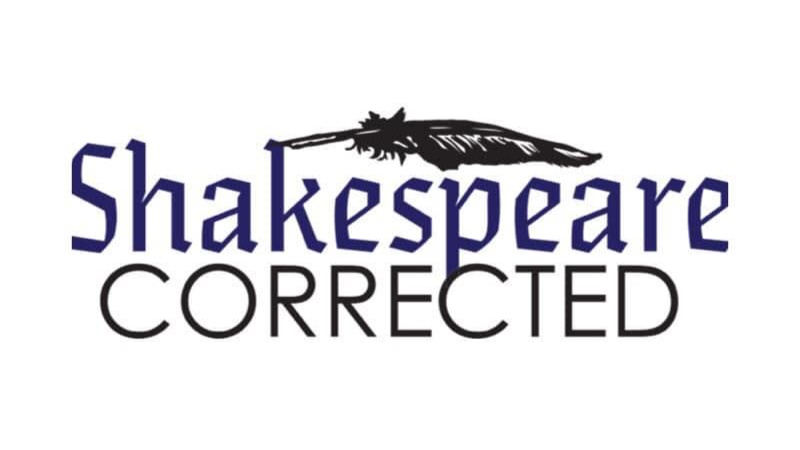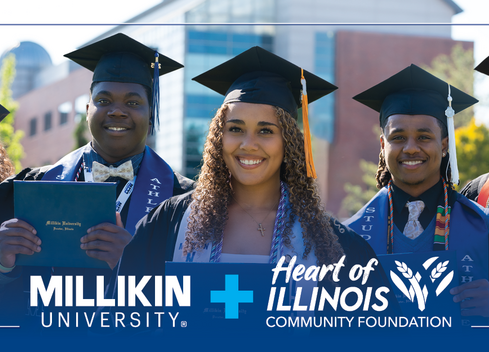DECATUR, Ill. – Millikin University is proud to share that it has been selected by Illinois Humanities to lead one of six Envisioning Justice Community Hubs. Founded in 2017, Illinois Humanities’ Envisioning Justice program examines and reimagines the criminal legal system through the arts and humanities to foster conversation, empower diverse perspectives, and address injustices of mass incarceration.
Envisioning Justice has been working to deepen relationships with organizations and individuals across six Illinois communities impacted by mass incarceration: East St. Louis, Galesburg, Carbondale, Decatur, Bloomington-Normal, and Champaign-Urbana.

“It is an honor for Millikin University to be chosen as one of the Central Illinois Hubs for Illinois Humanities,” Millikin School of Theatre and Dance Professor Alex Miller said. “One of the Hub's primary goals is to build a community focused on combating mass incarcerations by routinely meeting to discuss priorities, needs, and actionable steps. Anyone interested in engaging in the discussion and/or the initiatives is invited to attend our second in-person event, to be held at Old King's Orchard on August 21 from 6-8 p.m.”

Miller is the Executive Director of Shakespeare Corrected, which brings undergraduate students together with marginalized populations to create an artistic experience that creates an atmosphere of respectful inclusion and supported expression. Beginning in the fall and ending in the spring of every year, Shakespeare Corrected works within eight separate facilities throughout Macon County, including the Decatur Correctional Center (DCC), The Boys and Girls Club, and Macon Resources Inc (MRI).
The selected hubs collaborate with Illinois Humanities to bring visibility and engagement to organizations and programs that use humanities and the arts to address the impacts of mass incarceration and the criminal legal system at the local level. In addition to receiving financial and capacity-building support, each hub is supported by Illinois Humanities to develop a suite of programming and activities that are responsive to community needs and will gather at an annual statewide convening in the fall to learn from each other, build statewide relationships, and advance best practices.
“At Illinois Humanities, we know the humanities are central to a just, creative, and connected state.” Illinois Humanities Executive Director Gabrielle Lyon said. “Envisioning Justice Hubs across the state work locally in ways that strengthen our collective well-being for all Illinoisians. This effort is a critical investment in partner-centered work to strengthen the state’s cultural ecosystem.”
Each organization and individuals leading community hubs have been engaged in social justice work, public humanities, and arts and take a community-responsive approach.
Hub communities will work closely with Illinois Humanities over the next two years and aim to build sustainable connections and capacity to address the impact of mass injustice across the state.
For further media information, please contact Millikin University Public Relations Coordinator Matthew Flaten at 217.420.6636 or mflaten@millikin.edu.
About Illinois Humanities
Illinois Humanities, the Illinois affiliate of the National Endowment for the Humanities, is a statewide nonprofit organization that activates the humanities through free public programs, grants, and educational opportunities that foster reflection, spark conversation, build community, and strengthen civic engagement. We provide free, high-quality humanities experiences throughout Illinois, particularly for communities of color, individuals living on low incomes, counties and towns in rural areas, small arts and cultural organizations, and communities highly impacted by mass incarceration. Founded in 1974, Illinois Humanities is supported by state, federal, and private funds. Stay connected with us on Facebook, Twitter, Instagram, and LinkedIn @ILHumanities.


